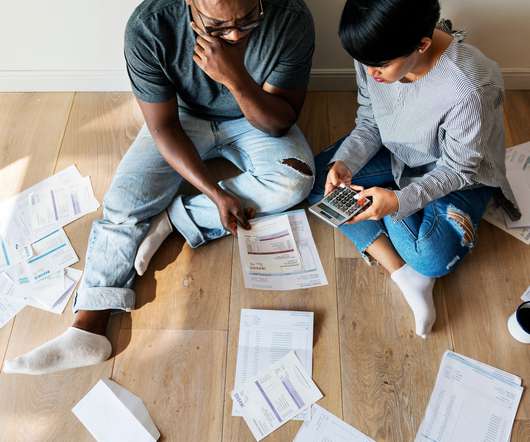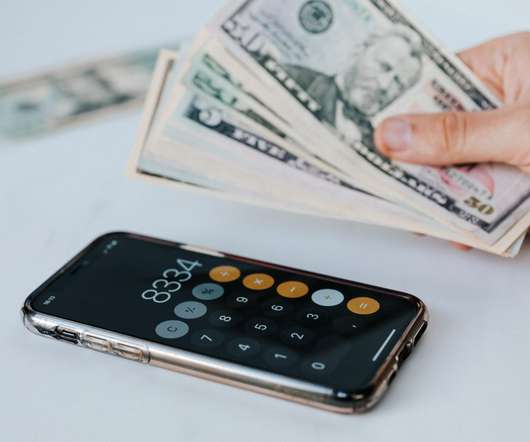Does Chapter 13 Wipe All of Your Credit?
Sawin & Shea
APRIL 17, 2024
Chapter 13 is a personal form of bankruptcy, as opposed to Chapter 11 “reorganization” bankruptcy, which is generally used for businesses and other entities. While different from Chapter 11, Chapter 13 is similar in the sense that it involves reorganizing and consolidating debts.











Let's personalize your content